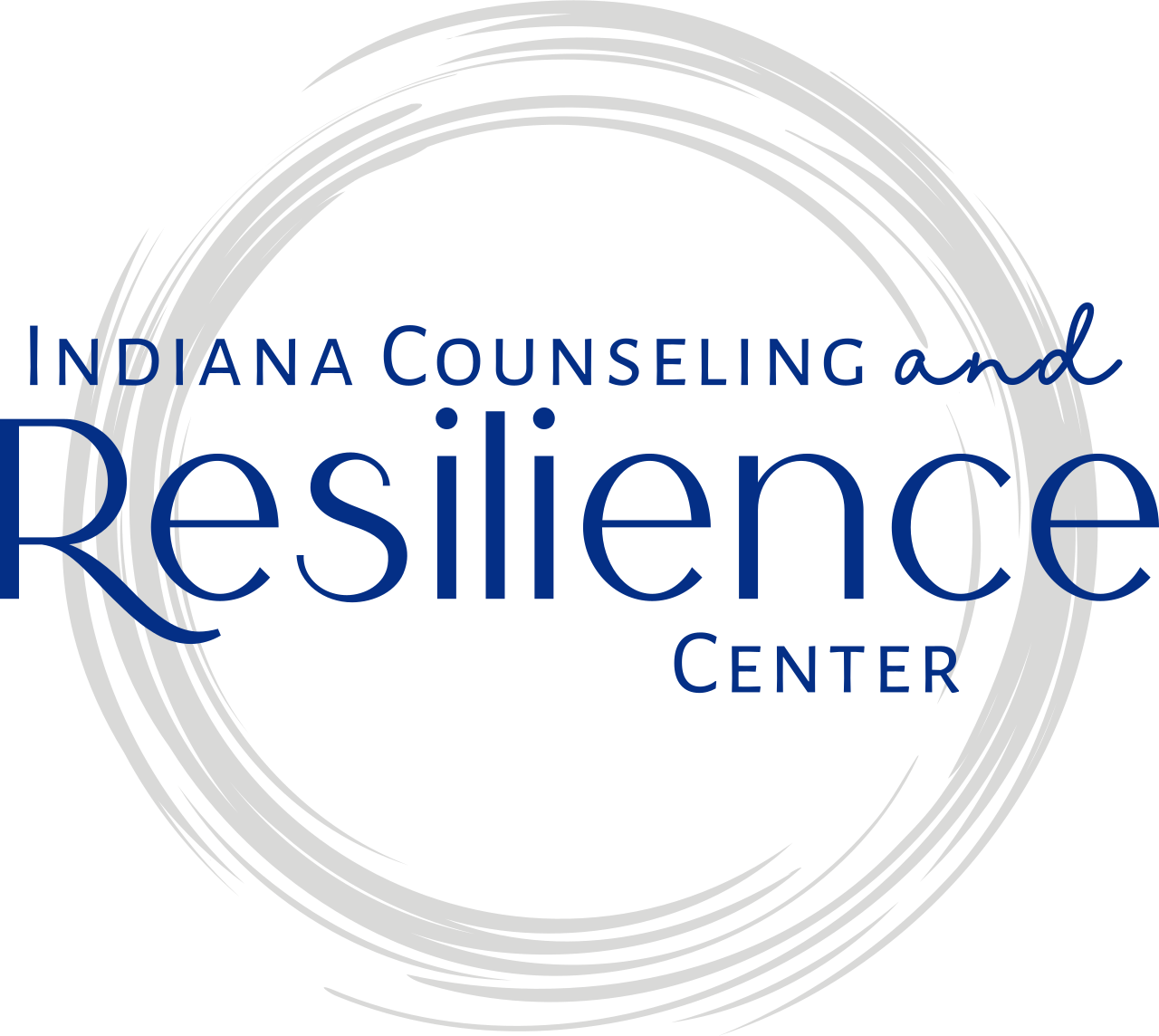Does My Kid Need Therapy?
As parents, we all want our children to grow up happy, healthy, and confident. But sometimes, life throws challenges their way that can leave them feeling overwhelmed, anxious, or confused. While some struggles are part of normal development, others may signal a need for additional support. Understanding when your child might benefit from therapy can make all the difference in helping them thrive.
This guide will help you recognize signs and behaviors that could indicate emotional or psychological challenges and provide actionable steps to support your child.
Signs Your Child May Benefit from Therapy
1. Changes in Mood
If your child seems persistently sad, irritable, or anxious, it could be a sign that they’re struggling emotionally. Occasional bad days are normal, but if these feelings linger for weeks or months, it’s worth paying attention.
Example: Your typically cheerful child suddenly becomes withdrawn and cries frequently over small frustrations. They may express feelings like, “I’m not good at anything” or “Nobody likes me.”
What to do: Start by gently asking your child how they’re feeling. Avoid judgment or trying to “fix” things right away. If their mood doesn’t improve, consider reaching out to a mental health professional.
2. Difficulty Managing Emotions
Children who frequently have outbursts, meltdowns, or difficulty calming down might be struggling to regulate their emotions. While occasional tantrums are normal for younger kids, extreme or age-inappropriate reactions may indicate an underlying issue.
Example: Your 9-year-old has intense anger outbursts over minor setbacks, like losing a game or being told “no,” and they struggle to calm down afterward.
What to do: Teach calming techniques like deep breathing or using a "calm-down corner." If these strategies don’t help, therapy can provide tools to manage overwhelming emotions.
3. Changes in Sleep or Appetite
Significant changes in your child’s sleep patterns or eating habits can be signs of stress, anxiety, or depression.
Example: Your child suddenly has trouble falling asleep, wakes up frequently during the night, or starts refusing meals they used to enjoy.
What to do: Establish consistent routines around meals and bedtime. If the changes persist, a therapist can help uncover and address potential causes.
4. Withdrawing from Friends and Activities
A noticeable loss of interest in hobbies, friends, or activities they once loved could signal that your child is feeling overwhelmed or depressed.
Example: Your child, who used to love soccer, suddenly doesn’t want to attend practice or hang out with teammates.
What to do: Encourage open conversations about why they’ve lost interest. Therapy can help them work through feelings of sadness or disconnection.
5. Decline in Academic Performance
Struggles in school—whether academic or behavioral—can be a red flag. These may stem from underlying emotional or psychological issues.
Example: Your child’s grades drop suddenly, or their teacher reports that they’ve been zoning out in class, acting out, or refusing to participate.
What to do: Meet with your child’s teacher to gather more context. A therapist can work with your child to address challenges that may be affecting their school performance.
6. Frequent Physical Complaints
Sometimes, children express emotional distress through physical symptoms like headaches, stomachaches, or other unexplained ailments.
Example: Your child frequently complains of a stomachache before school but feels fine on weekends.
What to do: Rule out medical causes with your pediatrician, and consider whether anxiety or stress might be contributing. A therapist can help your child understand and manage these feelings.
7. Talking About Self-Harm or Expressing Hopelessness
Statements about self-harm, wanting to disappear, or feeling hopeless should always be taken seriously, even if they seem like an exaggeration.
Example: Your child says things like, “I wish I wasn’t here” or “Nobody would care if I disappeared.”
What to do: Stay calm and let your child know you’re there for them. Seek immediate professional help from a therapist or counselor.
Taking the Next Steps
If you notice any of these signs, you don’t have to navigate this alone. Here are steps you can take:
1. Open a Conversation
Choose a calm, private moment to talk to your child. Use compassionate and open-ended questions, such as:
“I’ve noticed you’ve been feeling [sad/angry/etc.] lately. Can you tell me more about that?”
“Is there anything that’s been bothering you or making you upset?”
2. Validate Their Feelings
Let your child know it’s okay to feel the way they do. Avoid minimizing their emotions with statements like, “It’s not a big deal.” Instead, say:
“I’m here to listen, and I’m proud of you for sharing how you feel.”
3. Reach Out for Support
A licensed child therapist can help your child develop coping skills and work through challenges in a safe, supportive environment. Therapists often use techniques like art therapy or cognitive-behavioral therapy (CBT) to connect with children in ways they understand.
4. Be Patient and Involved
Therapy is a process that takes time. Stay involved by checking in with your child and their therapist to understand how you can support their progress.
Ready to Begin Therapy in Indianapolis, IN?
If you find that your child needs additional support, we’re ready to help! At Indiana Counseling and Resilience Center, we can work with your child to develop effective strategies for managing emotions and making positive life decisions. Your child deserves a peaceful and fulfilling future, and therapy can be a powerful tool to help them achieve it. Follow these three simple steps to get started:
Contact us to schedule an appointment
Meet one of our our skilled therapists with your child.
Start helping your kid feel more healthy and successful!
Other Services Offered at Indiana Counseling and Resilience Center
At Indiana Counseling and Resilience Center, our team wants the best for our clients and we want to support you in any way we can. Our team of skilled and caring therapists specialize in anxiety, trauma & PTSD counseling, couples counseling, and EMDR therapy. We offer our services both in-person and online in the state of Indiana. For more about us check out our FAQs!




